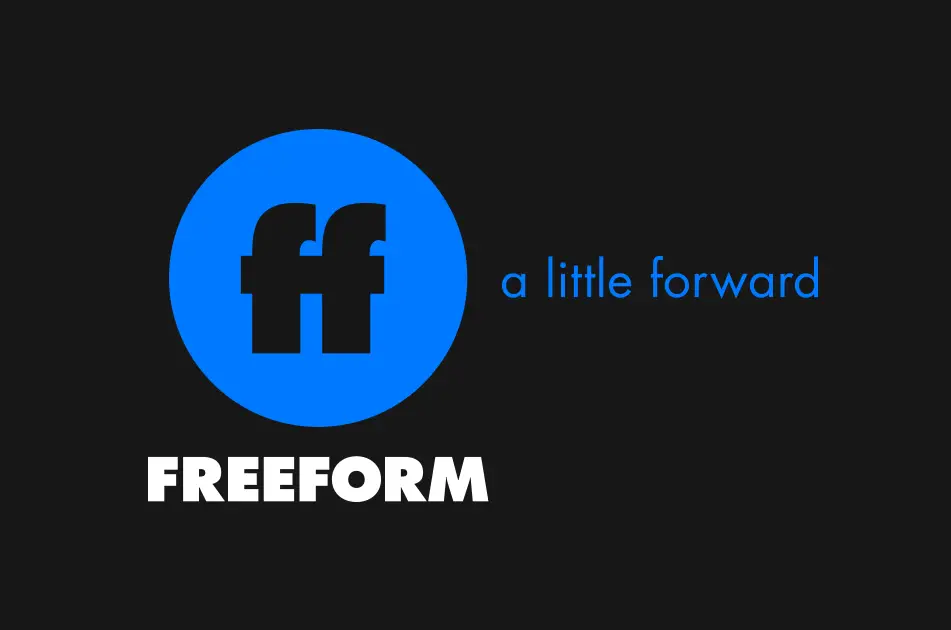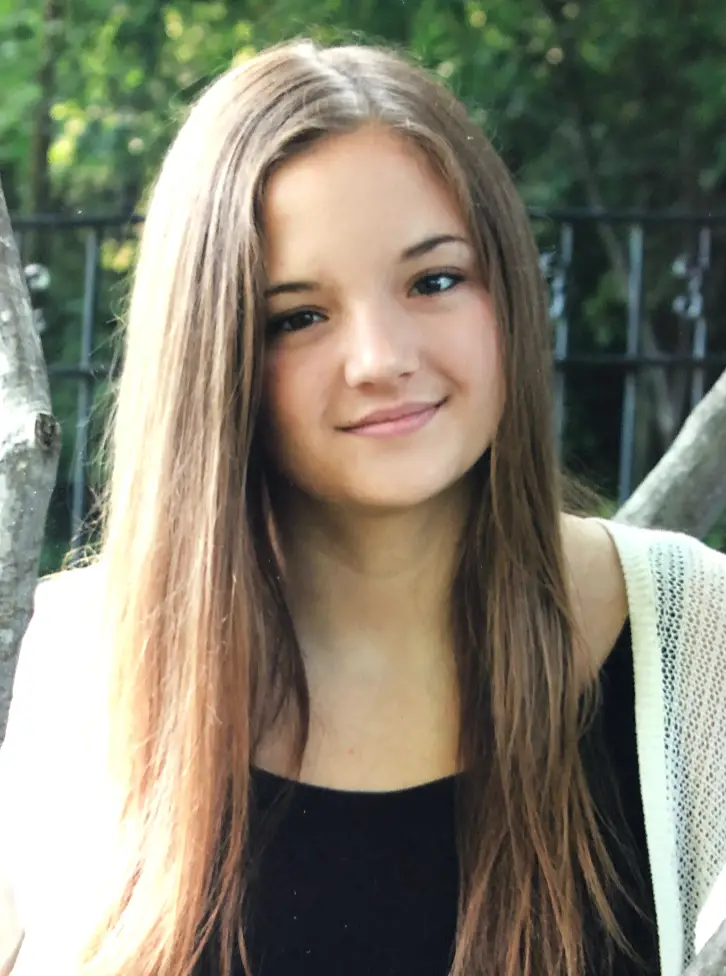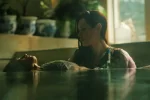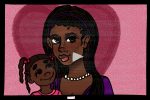Freeform’s original TV shows have been popular since they first started coming out. A lot are even available to stream on Netflix.
Many shows that premiere on Freeform bring attention to communities and topics that are seldom mentioned in other shows. Freeform addresses unique and underrepresented social topics that most other television channels don’t.
Some of the most woke topics on Freeform include, but aren’t limited to, the deaf community, teenage pregnancy, open discussions about sex, the foster system and gay and transgender communities. “Switched at Birth,” “The Secret Life of the American Teenager” and “The Fosters” include many of the intriguing topics.
“Switched at Birth”
The show follows the families of two girls who were accidentally switched as babies in the hospital when they were born and then find out about the switch as teenagers. The two families meet each other and come together.
The show follows how they all interact and deal with each other through many ups and downs. One of the girls, Daphne, is deaf; her perspective sheds a lot of light on issues in the deaf community.
One of the very first episodes shows Daphne riding away on a motorcycle with one of her friends, who is also deaf. Her biological parents disapprove, citing the dangers of a deaf driver. Yet, Daphne’s mom who raised her argues otherwise.
She argues that being deaf shouldn’t hinder anyone from doing any activities. The Freeform show also follows other trials that arise from being deaf, such as trying to get a job, attending hearing schools and cochlear implants.
The show even features an episode all in American Sign Language (ASL). There is no sound following the first scene; everyone communicates through sign language.
In the episode, the deaf students stage a sit-in when their school for deaf students might shut down or integrate more hearing students. The students argue that the school is necessary because they can be themselves as opposed to struggling at a hearing school.
The Freeform show constantly reminds viewers about how the deaf community must adapt to the hearing community. “Switched at Birth” successfully portrays the deaf community by letting viewers see the daily struggles and lives’ of many loveable deaf characters and their families.
“The Secret Life of the American Teenager”
In “Secret Life,” a 15-year-old named Amy finds out she is pregnant after losing her virginity to the popular “bad boy” at her high school.
The show continues on for five seasons, in which Amy has to figure out how to deal with working, high school and her future, all while raising her son. She struggles with managing everything but her family and friends help her out.
The show addresses underrepresented issues because very few people see a more “real” version of teenage pregnancy. Most people immediately think of reality TV shows like “16 and Pregnant,” which depicts teenage pregnancy as more dramatic and doesn’t cover all the various decisions that come with teen pregnancy.
“Secret Life” shows Amy crying, worrying and trying to figure out what to do about her situation. The show also portrays Amy trying to figure out how to tell the baby’s father, her friends and her family.
“The Secret Life of the American Teenager” also brings up a difficult subject of child sexual abuse. The “bad boy” who gets Amy pregnant was sexually abused by his father.
He uses the abuse as a reason for his defiant behavior and difficulty with feelings and responsibility. He works through his childhood trauma throughout the show, talking to a therapist and to his friends.
The show portrays a lot of open dialogue about sex between the high school students and their peers as well as talking with their parents. The teenagers in “Secret Life” have a lot of different views on sex.
Some don’t have rules on who they have sex with or when, others only occasionally have sex if it feels right, and some want to wait until marriage and are religious. The variety and openness about discussing sex for teenagers make the Freeform show “Secret Life” extremely woke.
“The Fosters”
The foster system gets the spotlight in the popular, heart-warming Freeform TV show. The show’s plot follows a teenage girl, Callie, who is fresh out of juvenile detention and sent to a new foster family. “The Fosters” shows Callie’s journey and interaction with a new foster family.
Callie’s little brother is also in the foster system in “The Fosters.” The foster family struggles to obtain custody of both Callie and her brother. The custody struggle reflects the real-life foster system where the separation of siblings is not uncommon.
Callie’s biological dad also tries to gain custody of her over the foster family she is with. The plot highlights how complicated and difficult custody battles can be, especially those occurring within the foster system.
Another hot topic in “The Fosters” is bad foster homes and situations that often go unnoticed and unreported. For instance, Callie’s older, former foster brother rapes her and she decides to go to court years after it happened.
She faces a difficult decision: telling the court it was not consensual to ensure a conviction of statutory rape or take a risk and say it was consensual where he could walk free.
Another example of the poor treatment of kids in foster homes is that of Callie and her younger brother Jude at the very start of the Freeform series where they were in an abusive foster home and had to make difficult and dangerous choices to get out.
“The Fosters” addresses the gay and transgender communities as well. The two foster moms of the family in the show are together and get married at end of the first season. Callie’s younger brother also comes out as gay and the show follows his journey of figuring himself out.
The show even features the youngest gay kiss shown on television, between Jude and another boy, at 13 years old. The presence of transgender characters and the show’s depictions of their struggles provide a unique view of the transgender community.
The show demonstrates how hormones, dating and sex are for many individuals who are transgender or transitioning.

















